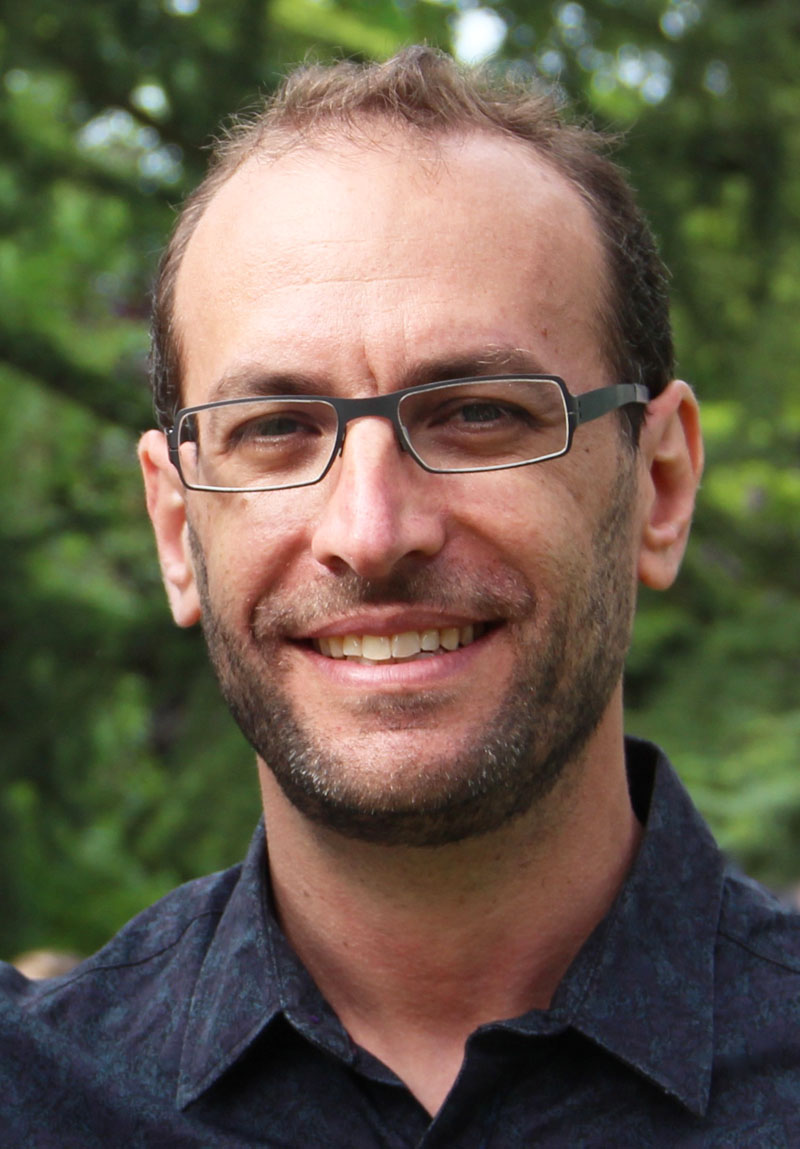
As director, Safier will lead and supervise all aspects of the library’s operations and programs and will be responsible for the enhancement and growth of the library’s renowned collection and its reputation as a leading international center for advanced research in history and the humanities.
Currently associate professor of history at the University of British Columbia, Safier has held academic appointments at the University of Michigan and the University of Pennsylvania. He also has experience in fundraising, at both Barnard College of Columbia University and the Sierra Club Foundation.
“Neil Safier’s academic specialty in 18th-century European colonialism, in the New World and particularly in South America, is an extraordinary fit with the mission and core strengths of the JCB,” said Brown President Christina Paxson. “Those intellectual interests made him an outstanding choice to lead this world-renowned collection.”
Safier succeeds Edward Widmer, who directed the library from 2006 to 2012. The search involved Paxson, Provost Mark Schlissel, and the John Carter Brown Library Board of Governors.
“The John Carter Brown Library is an extraordinary institution, a true gem in the world of historical and humanistic research,” Safier said. “I am particularly pleased, as a graduate of Brown, to be returning to Providence to direct such a magnificent and internationally recognized scholarly center.”
Neil Safier
Neil Safier joined the faculty of the University of British Columbia in 2007 as assistant professor of history. Prior to that, he was the Andrew W. Mellon Postdoctoral Fellow in the Humanities at the Penn Humanities Forum of the University of Pennsylvania and assistant professor of history at the University of Michigan, where he also held a postdoctoral fellowship in the Michigan society of Fellows.
Safier is a 1991 Brown University graduate, with a concentration in comparative literature. He holds a Ph.D. and master’s degree in history from Johns Hopkins University.
Safier’s research includes early modern cultural and intellectual history and the history of science, focusing on 18th-century European empires and their overseas territories, with a particular emphasis on the Andes, the Amazon River region and Brazil. In 2008, Safier published Measuring the New World: Enlightenment Science and South America, which traces a 1735 Paris Academy of Sciences expedition to colonial Quito (present-day Ecuador) and examines how the social and cultural worlds of South America contributed to the production of European scientific knowledge during the Enlightenment. Safier has also authored numerous articles, book chapters, and reviews and has presented at numerous conferences around the world on various topics related to his research.
Prior to his work as a scholar and researcher, Safier worked in institutional development as a grants manager for the Sierra Club Foundation and as a gifts officer at Barnard College of Columbia University.
The John Carter Brown Library
The John Carter Brown Library collection of 50,000 rare books, manuscripts, and 16,000 reference books and secondary sources is distinguished in many subject areas. The library’s extensive holdings in the literature of European exploration and travel in the Western Hemisphere are internationally renowned, from the first Latin edition of the Columbus letter of 1493 through nearly all of the contemporary narratives of Spanish, Portuguese, French, Dutch, and English discovery, exploration, and settlement. Each year the library hosts 40 long- and short-term residential fellows who represent a range of academic fields and come from across the country and around the world to make intensive use the library's holdings for their research.
Although the Brown family had been acquiring books since early in the 18th century, the present collection was not fully launched until the mid-19th century when John Carter Brown (1797–1874) began avid pursuit of Americana, an area of interest he termed “the Great Subject.” His son, John Nicholas Brown, actively continued this tradition and conceived the idea of giving the library to the world of historical research as a memorial to his father. In his will, John Nicholas Brown assigned funds for the construction of an appropriate building and for an endowment to support the library’s work. The original library building was formally dedicated in 1904. In 1990, the library raised the capital to construct the Caspersen Building, a 15,000-square-foot addition designed in the classical style of the original structure.
